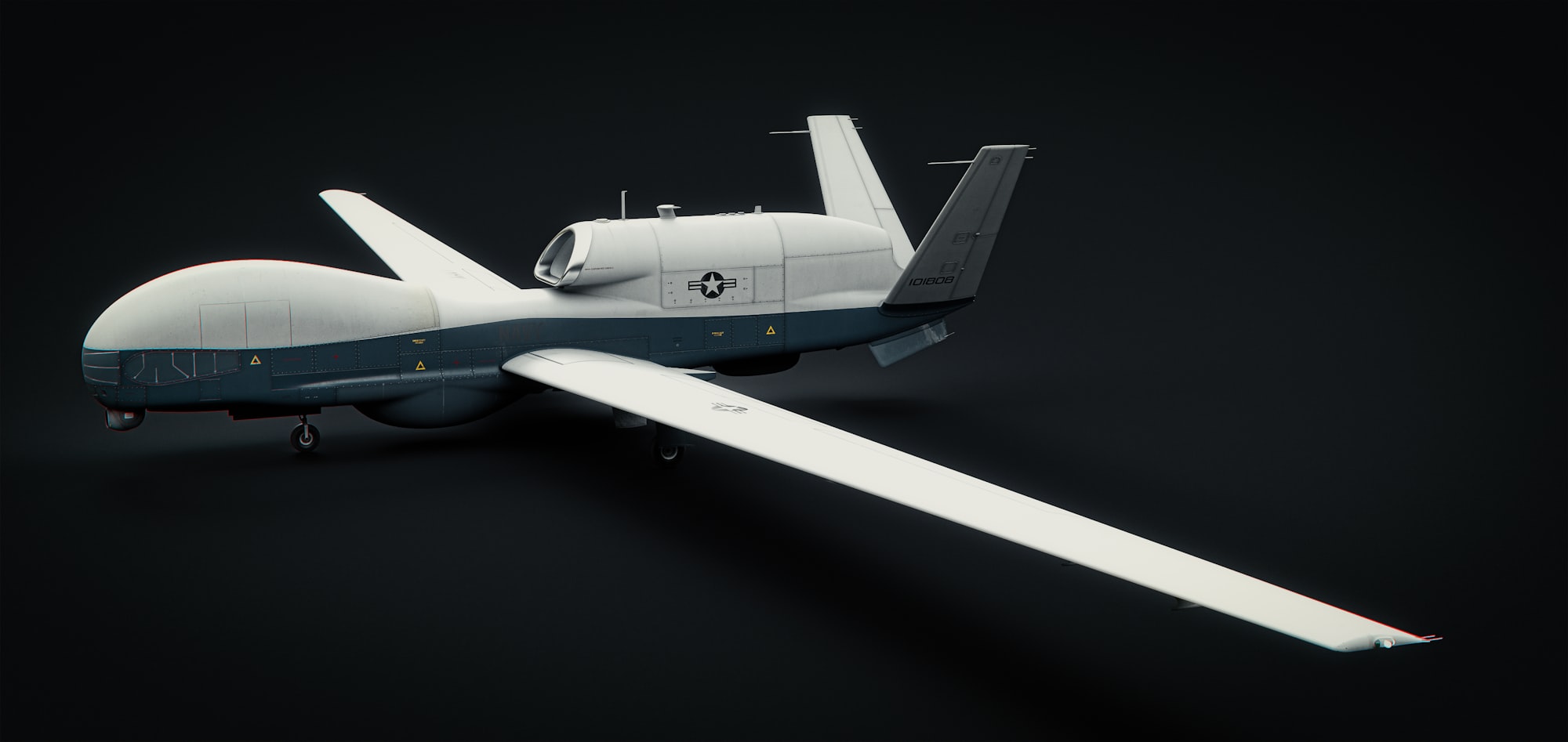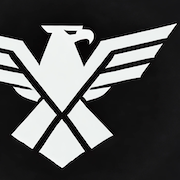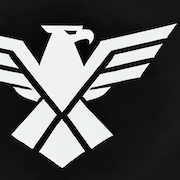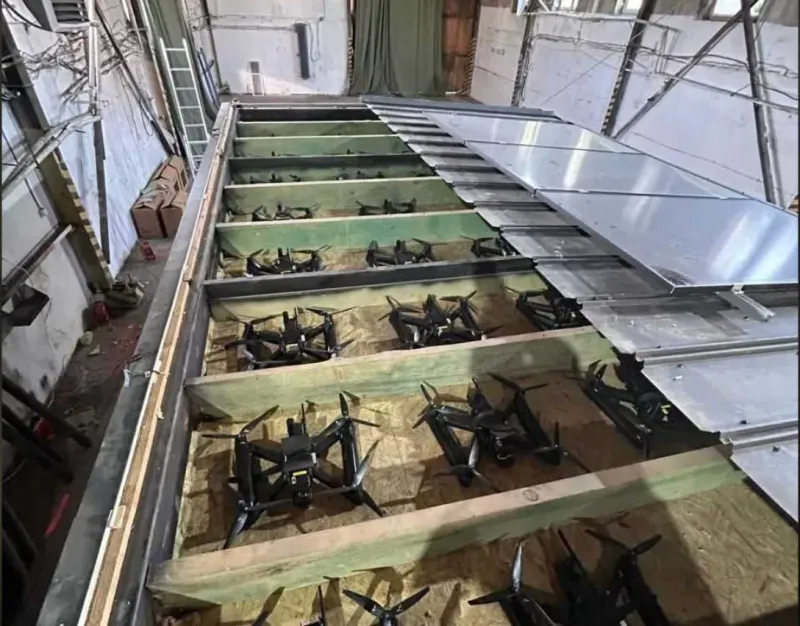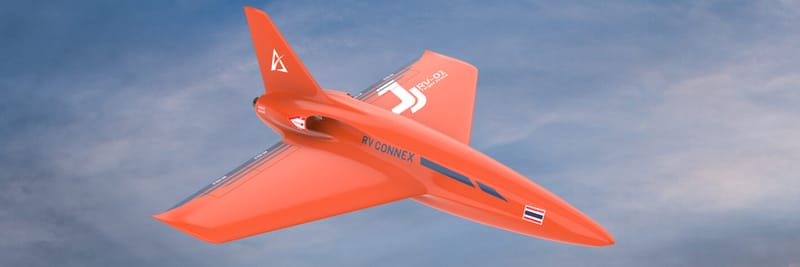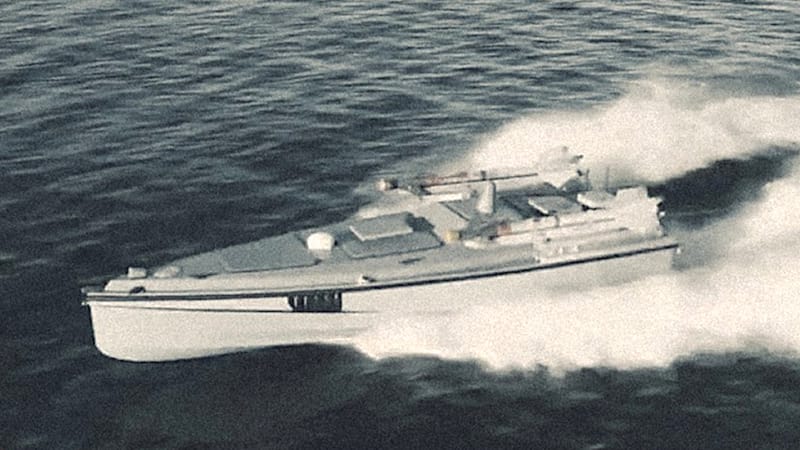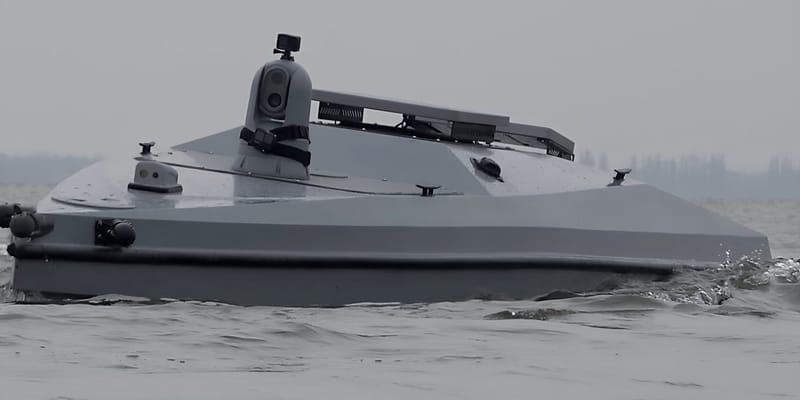Rheinmetall and Auterion Develop Unified Operating System for Unmanned Military Platforms
Rheinmetall and Auterion develop an operating system for unmanned platforms across air, land, and sea to support scalable, interoperable autonomy in NATO-aligned forces.
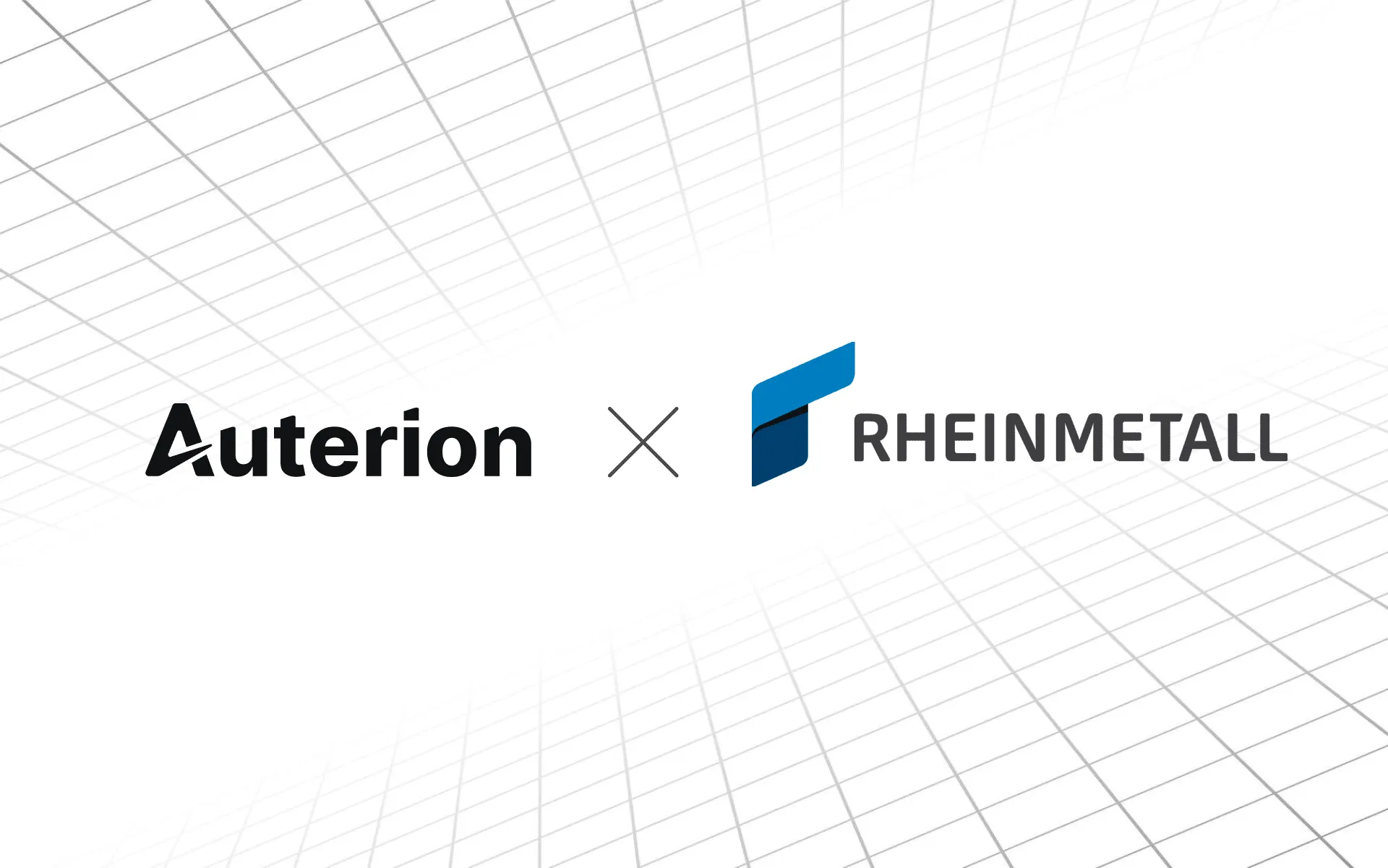
Originally published December 9, 2024 | Updated May 2025 for clarity
Key Insight of the Story:
Rheinmetall and Auterion have partnered to develop a standardized operating system for unmanned platforms across air, land, and maritime domains. Their collaboration marks a shift toward scalable, interoperable autonomy in NATO-aligned forces—addressing the growing need for system-of-systems integration and simplified deployment across drone and UGV fleets.

Toward Interoperable Autonomy at Scale
Rheinmetall and U.S.-based Auterion have partnered to develop a standardized operating system for unmanned platforms across air, land, and maritime domains. The collaboration addresses a central challenge in modern military operations: fragmented, platform-specific autonomy that impedes scalability, coordination, and combat readiness.
This marks a significant step in aligning unmanned systems with the broader architectural logic of NATO forces—namely, modular design, platform-agnostic payloads, and seamless system-of-systems integration.
Why Standardization Matters
The lack of a common operating environment across unmanned systems imposes costs in training, maintenance, and mission integration. The Ukraine conflict has highlighted this operational fragmentation, with over 200 UAV types fielded—each requiring distinct control systems, user training, and support infrastructure.
“The proliferation of unmanned systems in Ukraine demonstrates the urgent need for a standardized operating system,” said Dr. Timo Haas, Chief Digital Officer at Rheinmetall.
“Our partnership with Auterion enables scalable deployment without platform-specific training or integration overhead.”
What the Partnership Enables
Rheinmetall brings deep experience in unmanned platforms such as the Luna NG and Aladin UAVs, while Auterion contributes its open-architecture platform, AuterionOS. Together, the companies aim to deliver:
- Interoperability across systems from different manufacturers
- Scalable deployment within NATO-compatible architectures
- Simplified training through a common interface layer
- Modular integration across ISR, logistics, and kinetic support roles
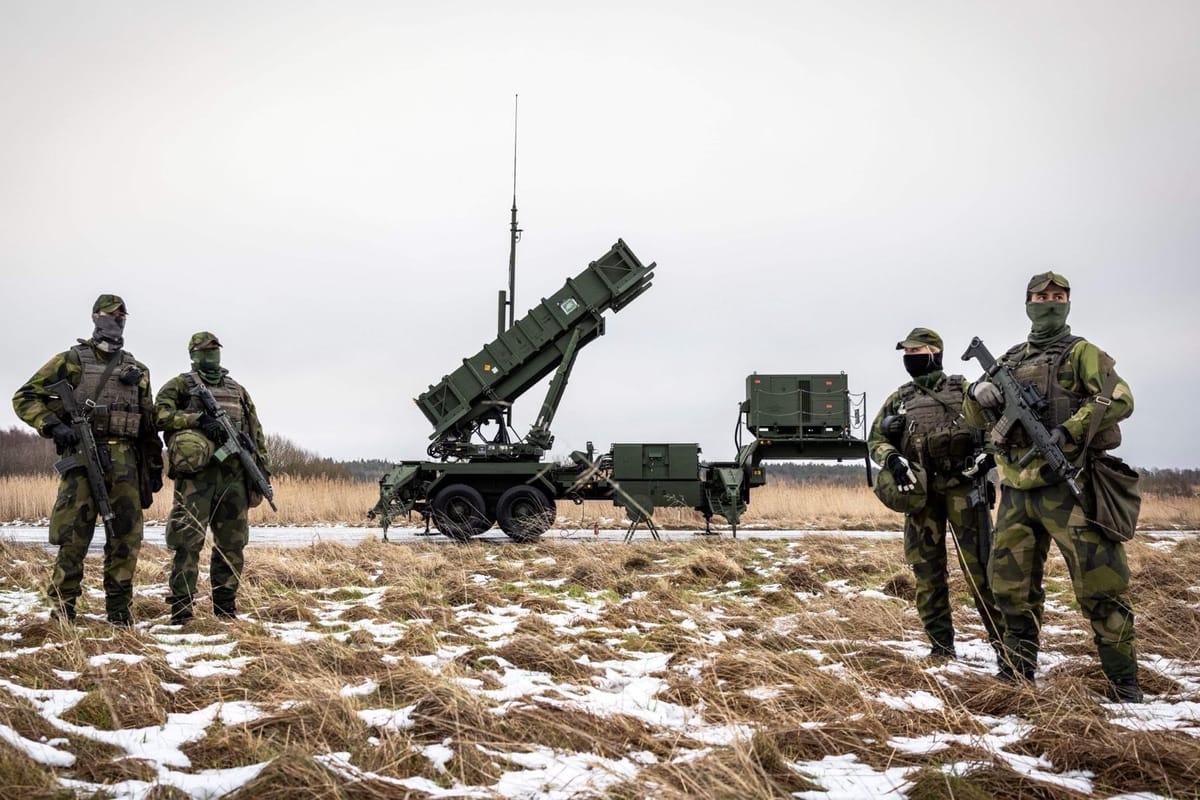
The Role of AuterionOS
AuterionOS is the initiative’s core software layer—already tested in multi-domain settings. It supports unified control, payload management, and network integration, mirroring broader shifts toward modular autonomy within allied forces.
“Drones will be deployed in large numbers,” said Auterion CEO Lorenz Meier.
“A common operating system ensures seamless integration across manufacturers, just as with phones or computers.”
Operational Significance
A standardized operating system enhances:
- ISR coordination through synchronized drone tasking
- Combat integration with plug-and-play links to C2 and fires
- Autonomous logistics via shared tasking and routing logic
- Mission flexibility in GNSS-contested or degraded environments
This anticipates wider defense goals: embedding unmanned systems into battalion-level formations and multi-domain force packages as structural elements—not niche tools.
Strategic Outlook
The Rheinmetall–Auterion collaboration aligns with broader trends in European and NATO defense modernization—particularly the shift toward unified digital backbones for autonomous systems. It complements industrial digitization, C2 upgrades, and the growing emphasis on scalable, attritable autonomy across NATO’s eastern flank.
Editor’s Note (May 2025)
Since this article’s original publication, EU-funded efforts such as iMUGS2 have confirmed the strategic need for modular autonomy and shared digital architectures in unmanned systems. While not referenced at the time, the Rheinmetall–Auterion initiative reflects the architectural direction many of these programs have since formalized.
